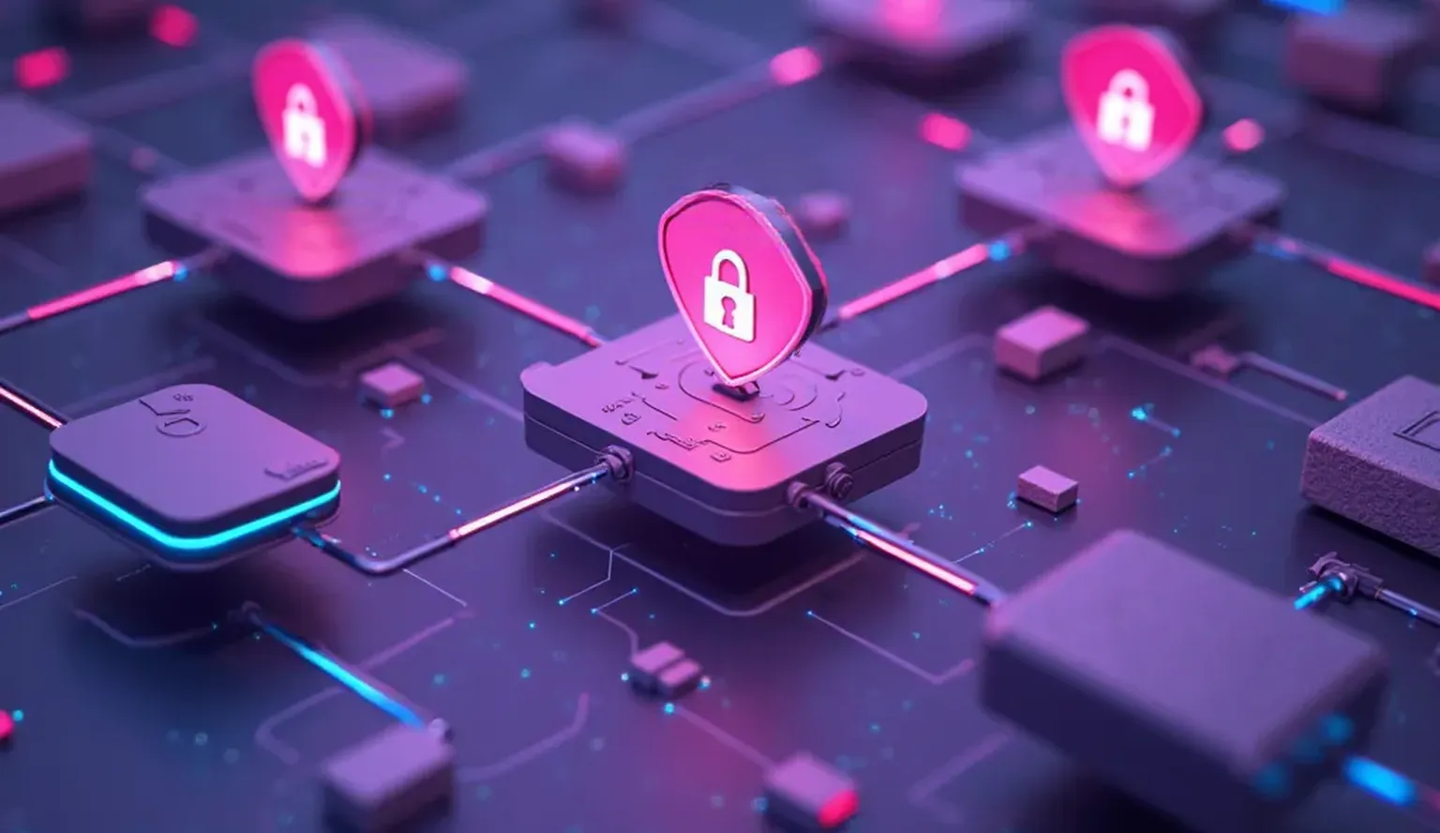Zero Trust: how to ensure data security in a digital environment

We live in an era where data has become the most valuable asset of any company. Digitalization has brought agility, scalability, and new opportunities but also opened doors to increasingly sophisticated threats. In this context, the Zero Trust security model has evolved from a trend to an urgent necessity.
In this article, we explain what Zero Trust is, why it’s essential, how it connects with technologies like RPA (Robotic Process Automation), and what your company must do to avoid unnecessary risks.
What is Zero Trust?
Zero Trust is a security model based on the assumption that no access should be trusted by default, not even internal ones. In other words: continuous verification, least privilege access, and network segmentation are the new standard.
Unlike the traditional model, which trusts users and devices once they’re inside the network perimeter, Zero Trust assumes that threats already exist and acts proactively to mitigate them.
Why the traditional model no longer works
The pandemic made the inevitable even more obvious: distributed companies, remote teams, data in the cloud, and integrations with hundreds of APIs and external systems. According to IBM’s 2023 report, the average cost of a data breach reached $4.45 million, the highest on record. Moreover, over 60% of attacks exploited stolen credentials or unauthorized access.
In short, relying solely on firewalls, antivirus software, or strong passwords is no longer enough. The risk is everywhere: mobile devices, third-party access, malicious insiders, unprotected web applications, and even misconfigured integrations.
The pillars of Zero Trust
To implement an effective strategy, you must understand the three core pillars of Zero Trust:
- Continuous verification: All users, devices, and accesses must be authenticated and monitored in real time.
- Least privilege access: Every employee, system, or application only accesses what is strictly necessary for its role.
- Network segmentation: Even within corporate environments, communication is isolated to reduce lateral movement in the event of an attack.
The role of RPA in digital security
RPA (Robotic Process Automation) is mostly known for streamlining repetitive tasks, but it plays a strategic role in information security. Bots can be configured to:
- Automatically revoke access after offboarding or role changes;
- Detect permission inconsistencies in real time;
- Audit system logs 24/7;
- Automate security updates and backups.
In other words, RPA helps operationalize Zero Trust with speed and scalability, without overburdening IT teams.
How to start adopting zero trust in your company
Implementing the Zero Trust model may seem complex, but it’s a scalable journey. Here are a few immediate actions Verzel recommends:
- Map all company assets and accesses (users, systems, APIs, partners, devices);
- Implement multi-factor authentication (MFA) for all sensitive access points;
- Review privileges and adopt a "least access necessary" policy;
- Use continuous monitoring solutions with real-time alerts;
- Automate everything possible with RPA and security scripts.
By following this path, you’ll begin building a more secure, resilient, and future-ready digital environment.
Verzel delivers security from the ground up
At Verzel, every software, app, or system is built with security by design. We apply Zero Trust principles from the first architectural draft to the final delivery. We work with:
- Robust authentication and session control;
- End-to-end encryption;
- Modular architecture with isolated microservices;
- Continuous log and event monitoring;
- Integrations with RPA tools for automated security.

Our goal is to eliminate the need for clients to chase security after the damage is done.
We deliver this together, from the beggining. Talk to Verzel’s team.
We specialize in creating secure, customized, and cutting-edge technology solutions.